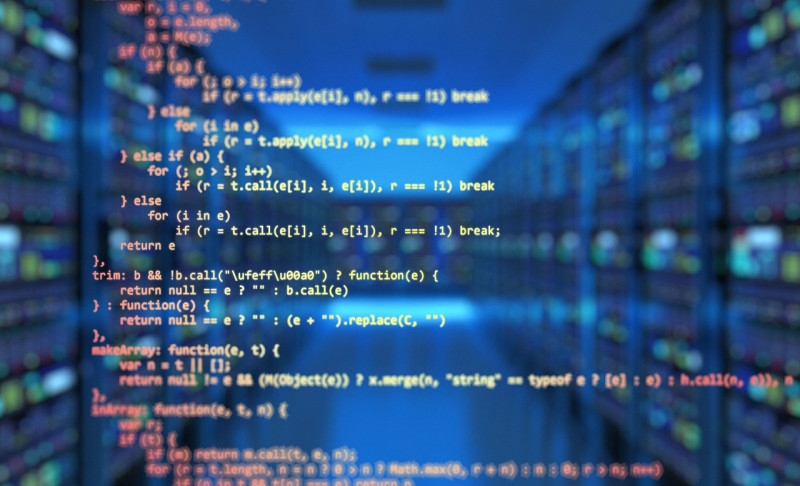
Data Science: Applied Text Mining
This course introduces the basic and advanced concepts and ideas in text mining and natural language processing.

This course introduces the basic and advanced concepts and ideas in text mining and natural language processing.
In this course, students will learn how to apply text mining methods on text data and analyse them in a pipeline with machine learning and deep learning algorithms. The course has a strongly practical hands-on focus, and students will gain experience in using text mining on real data from social sciences, humanities, and healthcare, and interpreting the results.
Given the rapid rate at which text data are being digitally gathered in many domains of science, there is a growing need for automated tools that can analyze, classify, and interpret these kinds of data. Text mining techniques can be applied to create a structured representation of text, making its content more accessible for researchers. Applications of text mining are everywhere: social media, web search, advertising, emails, customer service, healthcare, marketing, etc. This course offers an extensive exploration into text mining with Python. The course has a strongly practical hands-on focus, and students will gain experience in using text mining on real data from for example social sciences and healthcare and interpreting the results. Through lectures and practicals, the students will learn the necessary skills to design, implement, and understand their own text mining pipeline. The topics in this course include preprocessing text, text classification, topic modeling, word embedding, deep learning models, and responsible text mining.
The course deals with:
The course starts with reviewing basic concepts of text mining and implementing advanced concepts in natural language processing. At the end of the week, participants will master advanced skills of text mining with Python.
Participants should have a basic knowledge and a motivation of scripting and programming in Python.
A good preparation for this course is our summer course Data Science: Text Mining with R and the course Data Science: Programming with Python
Participants are requested to bring their own laptop computer. Software will be available online.
This course can be taken separately, but is also part of a series of 8 courses in the Summer School Data Science specialisation taught by UU’s department of Methodology & Statistics:
Upon completing, within 5 years, 3 out of 8 courses in the Summer School Data Science specialisation (no more than one text mining course), students can obtain a certificate.
Please see here for more information about the full specialisation.
This course works best for learners who are comfortable programming in Python, who want to acquire skills in text mining approaches, and who have a basic knowledge of machine learning.
Participants should also have a basic knowledge and a motivation of scripting and programming in Python. Participants from a variety of fields, including sociology, psychology, education, human development, marketing, business, biology, medicine, political science, and communication sciences, will benefit from the course. A maximum of 80 participants will be admitted to this course. Please note that the selection for this course will be done on a first-come-first-served basis.
For an overview of all our summer courses offered by the Department of Methodology and Statistics, please click here.
The course teaches students the basic and advanced text mining techniques using Python on a variety of applications in many domains of science. The skills addressed in this course are:
Five full days. A typical course day starts at 9.00 hours and ends at 17.00 hours, with breaks for coffee, lunch and tea.
You will receive a certificate upon course completion. Please be aware that this course does not include graded activities, and therefore we cannot provide a transcript of grades.
PhD students from the Faculty of Social and Behavioural Sciences at Utrecht University have the opportunity to attend three Winter/Summer School courses funded by the Graduate School of Social and Behavioural Sciences. Additionally, they may choose to take as many courses as they wish at their own expense from their personal budget.
There are no scholarships available for this course.
We also offer tailormade M&S courses and in-house M&S training. If you want to check out the possibilities, please contact us at ms.summerschool@uu.nl.
The housing costs do not include a Utrecht Summer School sleeping bag. This is a separate product on the invoice. If you wish to bring your own bedding, please deselect or remove the sleeping bag from your order.
Please include a short description about your (scientific) background, and what you expect to learn from this course (or would like to learn).